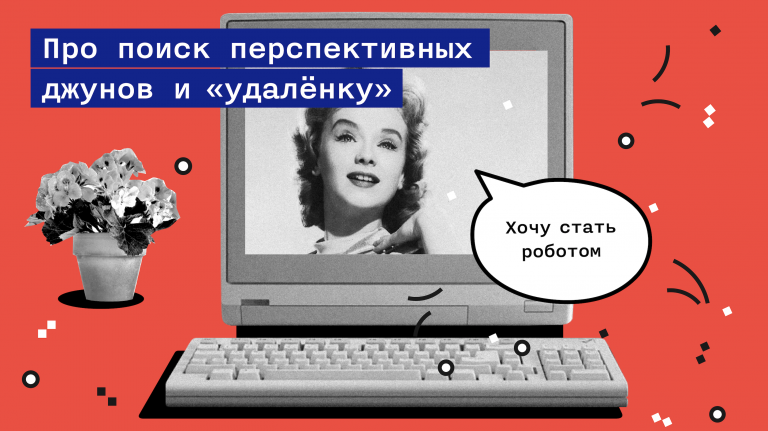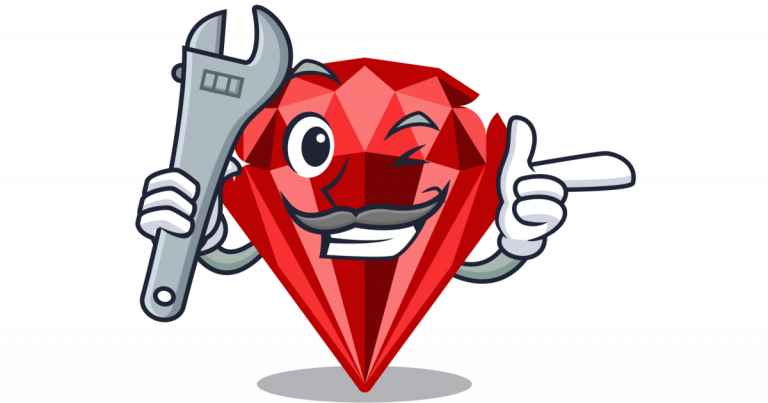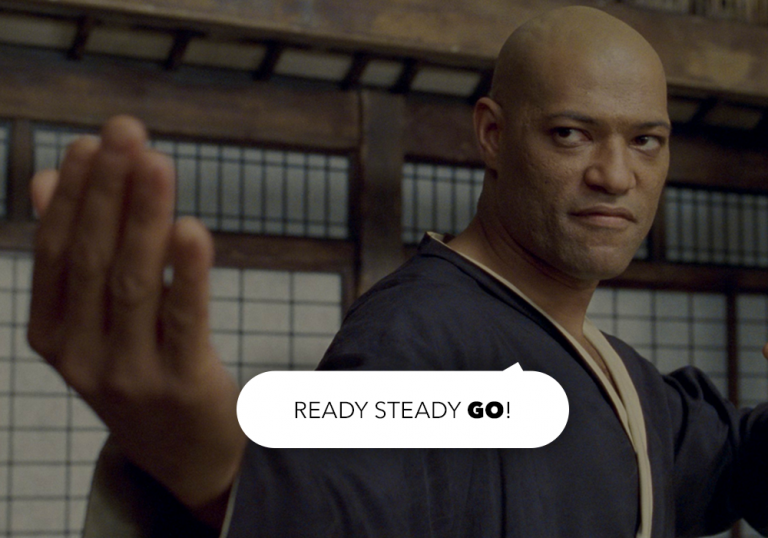Ego states. How to work with them?
Every person is an individual. But if you ask each person to answer the question “Who am I?”, then after a couple of words the descriptions will be very vague. Ego state is not a game character class that is chosen once and for all. This is a set of behavior patterns that are revealed in the moment. By managing them, you can work out the depths of your personality.

Again, this is not a recommendation or a diamond bullet that will make your life better. Just like one trip to a psychologist or leaving the cinema after a dizzying film does not change your life. Rather, it is one of many, many tools that, together and when used regularly, produce results.
What is ego state?
These are ready-made patterns of behavior that a person uses in a specific situation and almost unconsciously. The ego state itself does not solve anything, but in terms of communication with other people, it is a universal key for a lot of locks. The purpose of which is to realize exactly your motives, using all factors of self-development.
Bern classics
In general, Carl Jung began to divide people into categories and explore the connections between them. We will return to it later. Eric Berne formalized and explained the classic Ego states through a working model. In short, when communicating with our neighbor, we behave like an adult, or like a parent, or like a child. This scheme concerns specifically ways to solve problems that arise during communication.
How does a child behave when faced with difficulties? He starts doing things only when he is being looked after. He communicates in the language of emotions, taking offense at the people he works with. She withdraws into herself and avoids conversations. Acts like a child.
What about the ego state of the parent? A parent is when a person addresses the people around him from the position of an all-knowing and all-controlling parent. For example, you sent a paper that had an error and you get the question: “why do you have an error there and there?” Instead of saying: “You have this error, you can fix it this way.”
Adult. An ego state that is extremely rare, but desirable for a person. Mutual respect, willingness to discuss mistakes, willingness to resolve conflicts. This is not about grievances, but about understanding that the problem needs to be solved.
Eric Berne writes that 80 percent of interpersonal problems are related to the fact that in a conflict one person falls into the role of a child, and the second into the role of an adult. A wife who is capricious because she wants an iPhone. A husband who lies on the sofa or plays games, and only takes care of everyday life if he is kicked. The examples are clear; you can work with the situation without even resorting to CBT method. But there are also deeper levels.
Difficulties of categorization
It was not for nothing that we started with Carl Gustav Jung, whose interest was psychotypes. He developed a broad categorization by studying archetypes, the possibilities of their combinations, and how all this takes on structure in the human mind. However, such a division into psychotypes did not find scientific justification, and later these developments developed into socionics.
The difficulty of categorizing human consciousness is that throughout our lives we acquire completely different patterns and principles of behavior. And depending on the situation and accumulated experience, we begin to manifest different qualities, pouring them into the world around us.
The huge potential of combinatorics, random events, attributes from everyday life and ready-made solutions in the form of ersatz images that broadcast signs of postmodernism – all this creates versatility for the manifestation of human facets. All this disrupts the elegance of synchronized states.
What do ego states influence and why are they needed?
Ego states are not something specific that are formed in the mind, as in the body. We can say that the heart is our engine, that the lungs provide us with oxygen, and the gastrointestinal tract digests food. But the ego state is not some kind of formation. It would be most correct to draw an analogy with how the heart contracts. That is, speaking in analogies, the ego state is the general adaptability of the heart in conjunction with the brain to set and maintain a rhythm that is suitable for the specific situation in which the body finds itself.
Features of adaptation
The ego state does not exist from birth, but rather crystallizes and is formed in direct connection with reality. What is connection with reality? This is the formation of one’s goals, coordinating them with the possibilities, surrounding circumstances, available tools and efforts made to achieve goals.
That is, the body is constantly in a state of gaining experience and changes. But it is difficult. It is much easier to form ready-made patterns of behavior and stick only to them. This is facilitated by elements of the daily routine:
Basic work patterns for most: get up at 7 am, at work at 9, work until 6, at home at 7 pm, lights out at 11. At the same time, morning and evening procedures are repeated every day and are performed almost automatically.
Our brain expends enormous amounts of energy, burning more glucose and oxygen than any other organ in the body. And all this is needed to maintain existing connections. Energy is wasted even faster and in greater quantities when new neural connections have to be created. That's why nootropic drugs that improve thinking They don’t stimulate so much as they nourish the brain.
Therefore, the brain and consciousness follow the path of least resistance. If a new reaction helps solve a new situation, then that's great. Even if it's a momentary decision. That’s why people are so easily hooked on loans, microloans, and are ready to buy top-end smartphones just because it’s a brand.
All this gives a quick injection of motivation and narcissism. And such examples relate to everything: from a chaotic lifestyle to an internal agreement that: “I will work at a penny job half-heartedly, but as a reward for myself I will play games and/or watch talk shows.”
If an erroneous pattern of behavior is maintained for a long enough time, then the “conservation” stage begins. Accepted patterns of behavior are perceived as the only correct ones in the current conditions. And the person gradually loses touch with the world around him and does not respond to changes in it. Believing that everything should go the way it is arranged in his head.
Bottleneck of self-development
At some point, a person may be overwhelmed by the thought: “how can I become better?” And at the time of searching for solutions, he will be limited only by canned experience. An attempt to create your own value system will lead to an even greater escalation between the external environment and the already formed qualities. Moreover:
Having become accustomed to the fact that the world correlates with his own ideas, a person may well begin to develop in a way that only he can see. Hence the work in the gym using the wrong technique, and the illogical division of products into “harmful” and “healthy”, and the indiscriminate purchase of books in order to stand out with catchy phrases…
The accumulation of attributes will add weight to the ideal image of a person, while at the same time the gap with the real self-image will grow. And here we turn to the works Timothy Leary, LSD evangelist and author of psychological tests for the CIA. What is important here is his test of interpersonal relationships, which helps to establish the difference between the Ideal and Real images of the Self, which can be reduced to the same Ego states.
The gap in perception between who you are and who you really are, fixation on a narrow range of markers, unwillingness to change and belief in the truth of your own beliefs are all a huge layer of factors. Which you have to work with delicately.
And, most often, self-development is not about exalting one’s Ego, saying: “look how brilliant I am,” but a complete renunciation of one’s own importance. The same self-destruction that Tyler Durden exalted. Reduce your settings to zero, break your back and survive ego deathto move towards a better version of yourself.
Including ego states
In essence, ego states are patterns of behavior that are activated in different life situations. However, the most common patterns look like: “I’m the coolest here” and “what interesting things to do.” A person seeks confirmation of his own importance and status, and behind this he does not see or even does not want to see the real state of affairs.
Associative thinking is our gift and our punishment. We can easily reduce the pursuit of money to caring for family. It is just as easy and simple for us to explain our poverty with some abstract “correctness”, or to sacrifice health for the sake of productivity, which remains only hours spent at work.





